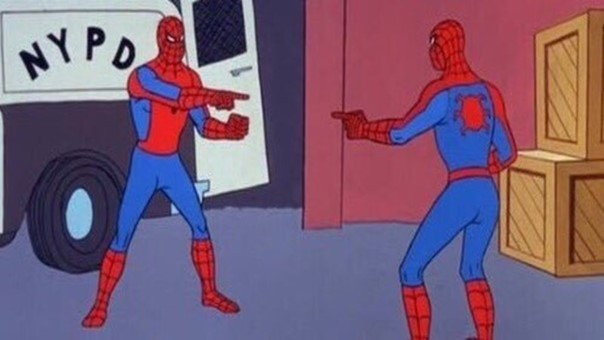“If you are influenced by the idea of someone, then you acquired it without acknowledgement, can it be considered plagiarism?”
Thank you, Jong Camallere, for a tricky question.
A very large part of what we think and say comes from our interactions with others: what we have seen, heard, learned and read from them. Yet we rarely remember every detail about the huge quantity and variety of content that feeds our minds, nor how our minds process it across time. In this sense, unacknowledged influence is simply unavoidable. There is therefore a troubling continuity between the usual workings of the human mind and the specific wrong of plagiarism, which Oxford Reference defines as “the practice of taking someone else’s work or ideas and passing them off as one’s own.” Jong’s question makes plain the conceptual difficulty when it comes to drawing a line between the two. For instance, if you read an opinion piece in a newspaper in 2016, completely forget about the piece, and then write something similar in an essay in 2021, is this plagiarism, or an innocent form of unacknowledged influence ?
I would say that there are two things to pay attention to. First, the object of the influence: we tend to speak of plagiarism for an idea that entails a specific sort of merit (such as talent, originality, or work). You cannot plagiarise a trivial idea, such as opening the windows because it is hot. Second, our use of the idea: plagiarism occurs in cases where we present an idea as our own in order to gain something from it: a degree, money, recognition, etc. This context differs from, say, an informal conversation with friends in a bar where we might repeat something we heard elsewhere. Plagiarism is widely considered to deserve sanctions because we try to obtain such gains by stealing the benefit of someone else’s achievement. I think this is the specific problem we have in mind when using the notion of plagiarism, rather than the question of how to capture the ultimate source and nature of our ideas. So, this should be the criterion of demarcation we are looking for.
Note that this is not to say that nothing can be done about unacknowledged influence: one of the reasons students and scholars should always carefully study and explicitly mention relevant past work is to keep a track of others’ general influence, even when our memory fails.
What do you think? When does something become plagiarism? Let us know in the comments.
If you have a question for the Armchair Philosophers, don’t hesitate to get in touch. You can find us on Twitter (@armchair_o) or fill in this form.
Be sure to check out our podcast!
If you like what we do, you can support us by buying us a coffee!
I studied philosophy at the universities of Lausanne, Vienna and Bern, and I am currently finishing my PhD thesis on the concept of political consent (what does it mean to consent in politics?). My areas of specialization lie in early modern philosophy and contemporary political philosophy. I also have a keen interest in ethics, Ancient philosophy, and public philosophy. Thomas Hobbes would be my favourite philosopher, not because I agree with all of his conclusions, but because I love the clarity, precision and comprehensiveness of his writings.

